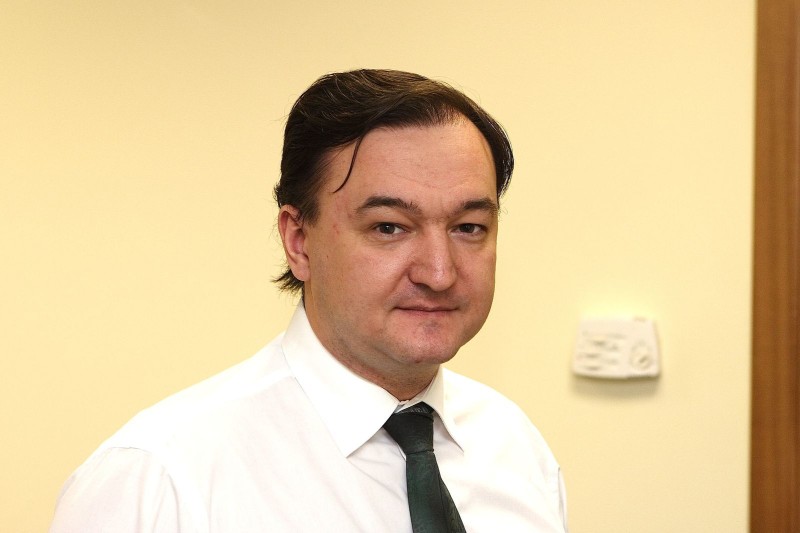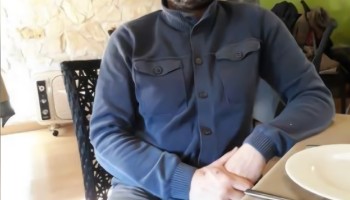On Monday, a witness told a London court investigating his sudden death, that the 44 year-old businessman and Russian mafia whistleblower may have been poisoned.
Perepilichny sought refuge in London in 2009 after assisting the Russian investment fund Hermitage Capital with an investigation into the death of Sergei Magnitsky.
Magnitsky died in a Moscow jail from mistreatment and neglect after accusing Russian tax officials of stealing US$ 230 million.
Bob Moxon Browne - a lawyer from Perepilichny’s life insurance company Legal & General - told the judge that Perepilichny had a popular Russian dish called sorrel soup for lunch the day he died.
Browne suggested that the dish’s main ingredient, the sorrel herb, was swapped for vegetable poison, although police have said there was no evidence of foul play.
Traces of a rare and deadly poison from the gelsemium plant were found in Perepilichny’s stomach before being "flushed away" by police shortly after his death, Browne claimed.
The lawyer said that there were telephone records of threats Perepilichny recieved from organized crime groups.
He questioned why Perepilichny's widow had never given a witness statement about what he had for lunch that day.
Perepilichny's name, address and a file on his whereabouts were found in Moscow on a known Chechen killer.
Hermitage Capital, Perepilichny’s employer, said at a previous hearing that he was "afraid for his life," and that he’d taken out multiple life insurance policies.
Police maintain that no traces of toxins were found in Perepilichny’s body. Still, his death has drawn comparisons to several recent reports of whistleblowers entangled with the Russians being poisoned.
A former KGB agent Alexander Litvinenko died after his tea was poisoned in London in 2006, and Kremlin critic Vladimir Kara-Murza claimed he has been poisoned twice in the past two years.
A public inquiry into Litvinenko’s death revealed that Vladimir Putin "probably" approved the killing.
Perepilichny’s case was delayed after the British government successfully acquired "public interest immunity certificates" to keep certain secret case documents confidential last November, but the inquest is set to begin on June 5.
Although the documents were determined to be insignificant to the cause of death, Hermitage Capital’s lawyer Henrietta Hill has expressed concerns that the inquest may not be able to proceed without them.
This story was corrected to accurately reflect the cause of death of Magnitsky.





